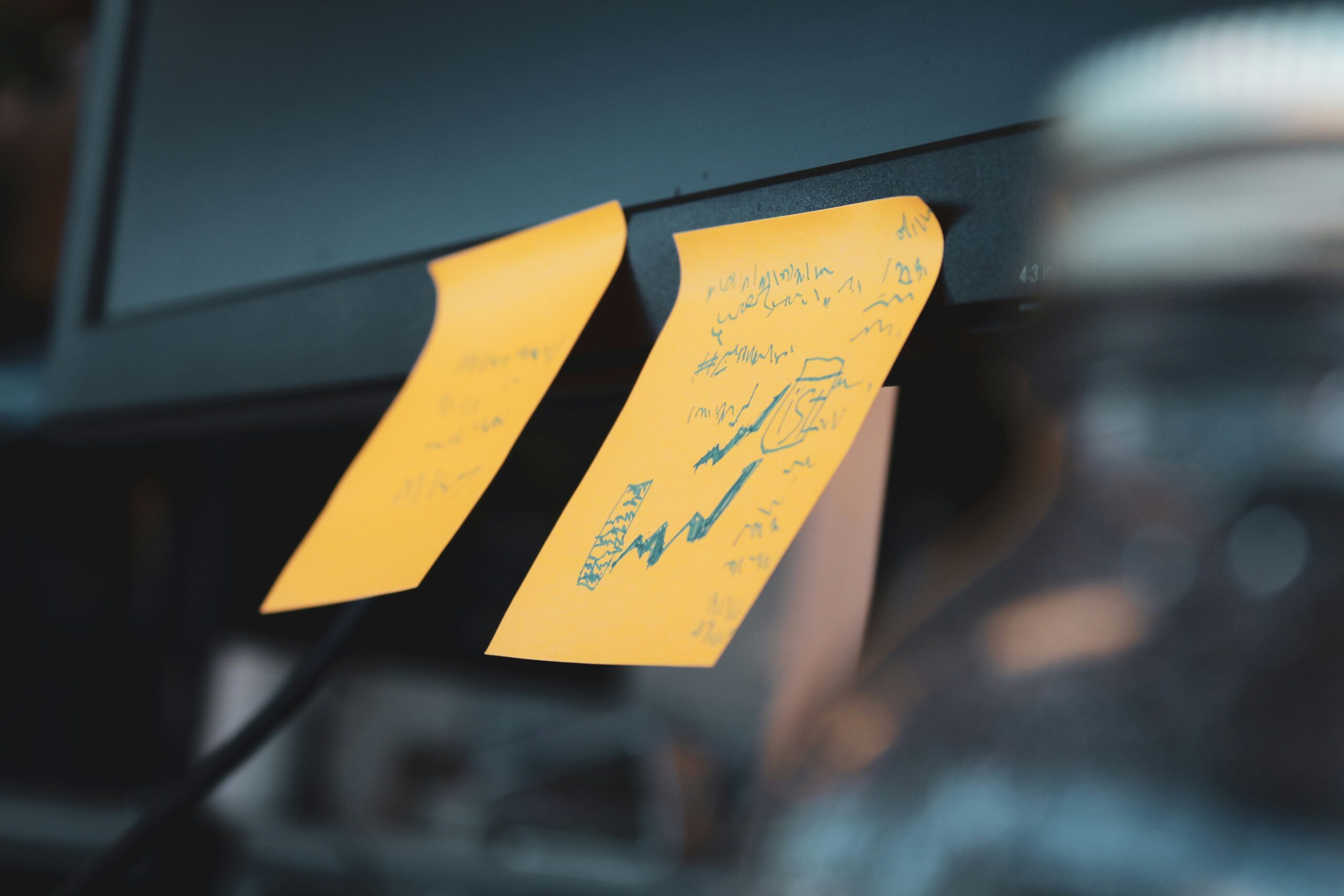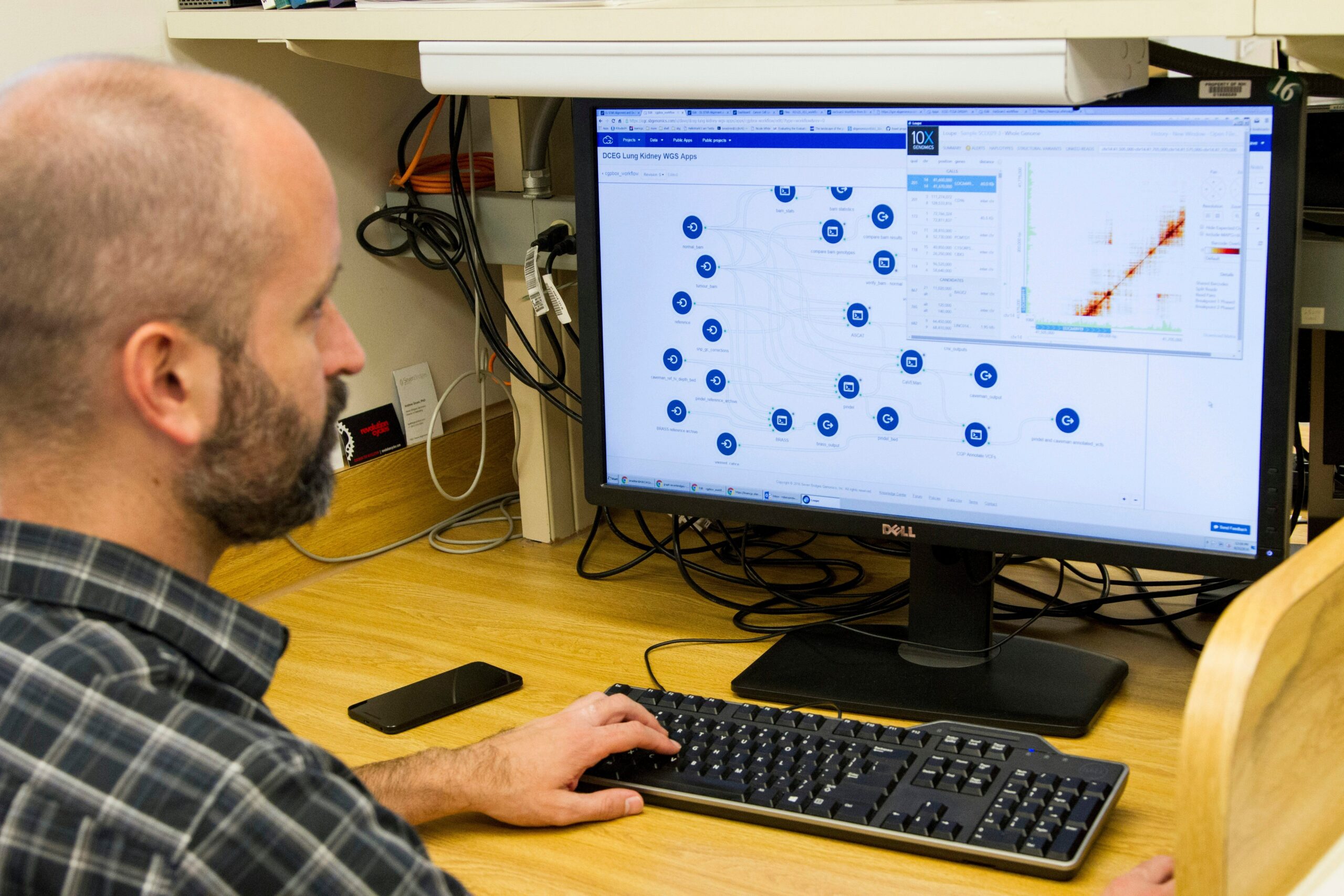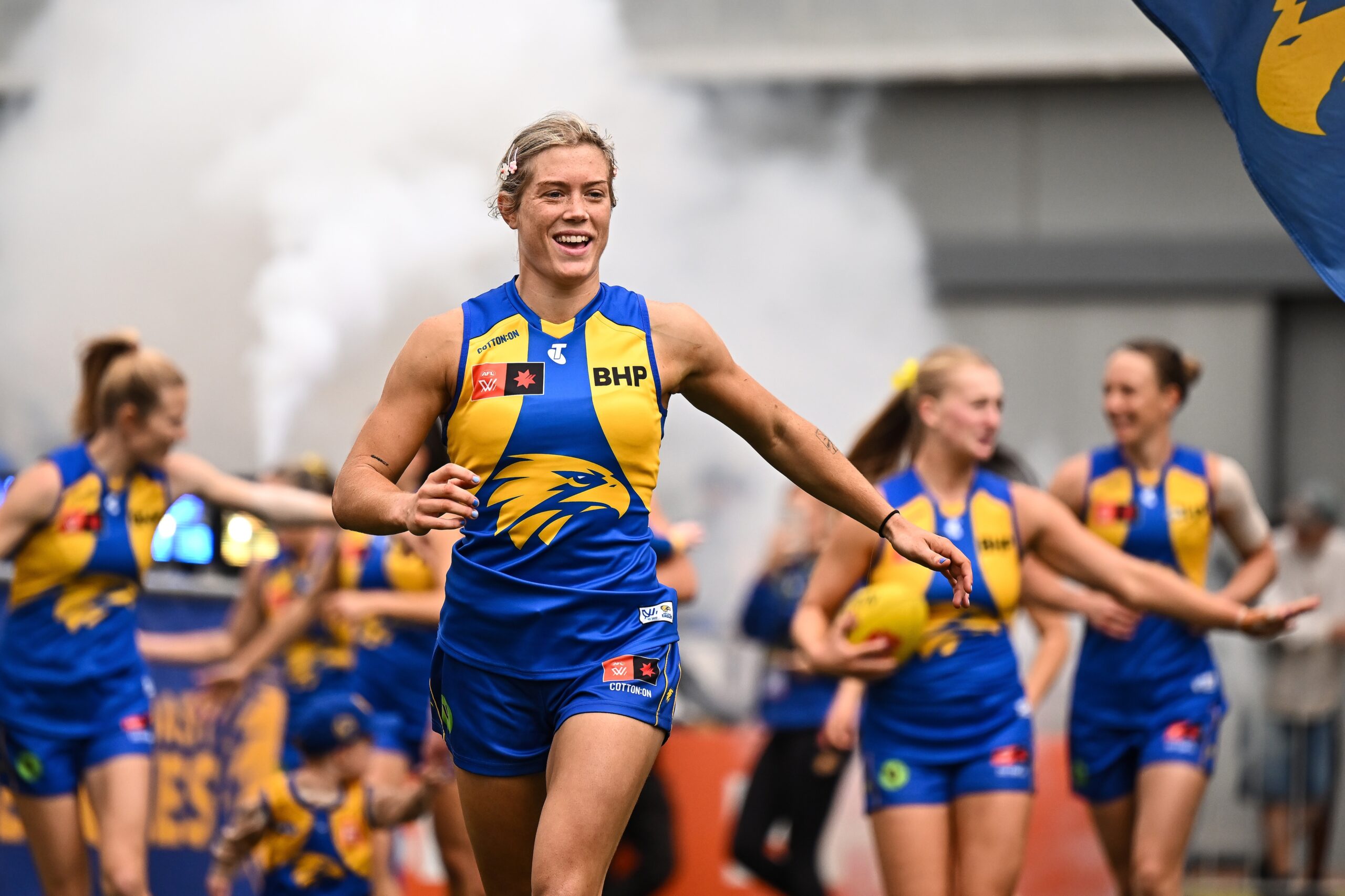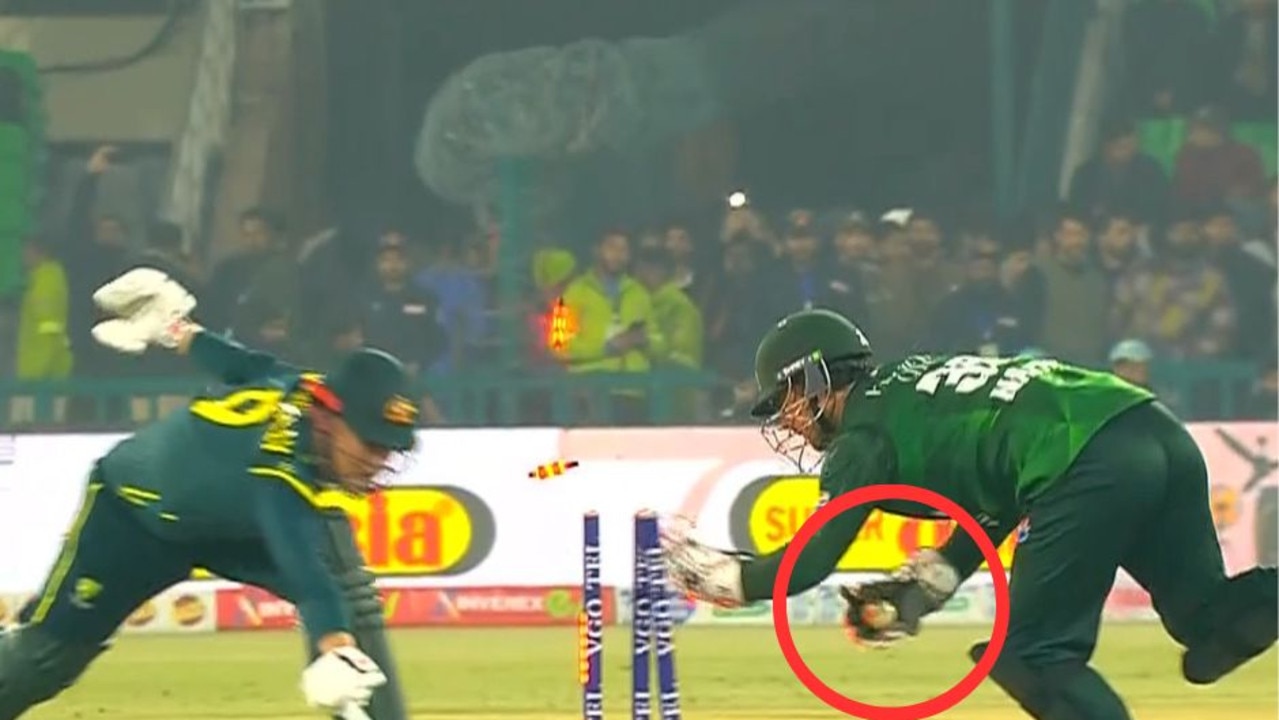
The headmaster of Redeemer Baptist School, a prestigious independent institution in North Parramatta, Sydney, has defended the controversial decision to expel a promising young student, Aarav, for attending a national tennis competition. The 12-year-old discovered on the first day of Tennis Australia’s exclusive week-long age championships that he would not be allowed to return to his school.
Aarav’s parents, Lavanya and Hari, expressed their shock and disappointment after receiving an email notifying them of their son’s expulsion. They claim Aarav had only missed two days of school this year due to his tennis commitments. “I requested he be excused for this week and they came back with … we are withdrawing his enrollment and expelling him from the school,” the parents told A Current Affair.
School’s Policy and Parental Reaction
In an email, headmaster Russell Bailey pointed to the school’s comprehensive 60-page handbook, which outlines the need for parents to seek advance permission for absences related to non-school activities. “We require parents to seek advance permission when their child requires absence for sporting events or other activities that are not school-related,” Bailey stated.
Lavanya and Hari argue that the decision is unjust, especially given Aarav’s dedication to both his academic and athletic pursuits. “Three to four days a week he finishes school at 3.30pm … and has to be in the court at 5 o’clock, play until 8.30pm, come back, shower, sit and do his homework,” Lavanya explained. Aarav’s academic performance is impressive, with As in most subjects, and he manages his time diligently, often completing homework during school hours, recess, and on the school bus.
Aarav’s Tennis Journey and Future Aspirations
Having started playing tennis at the age of five, Aarav has accumulated a collection of trophies, a testament to his talent and hard work. “He’s very good, we’re so proud of him,” his parents shared. Aarav dreams of one day winning a grand slam, inspired by his favorite player, Carlos Alcaraz.
Despite the setback, Aarav remains optimistic. Although his parents have been unable to find a school to take him immediately, they have secured enrollment for the next academic year. “A lot of my friends from primary school are there so I’d probably feel welcomed,” Aarav said.
Headmaster’s Full Statement and Broader Implications
In a full statement, headmaster Russell Bailey emphasized the school’s commitment to education and the importance of maintaining a 90% attendance rate, as outlined by ACARA’s guidelines. “We have supported students with this approach as they have competed in high-level competitions across a range of inter-school, statewide, national, and international competitions,” he noted, listing activities such as archery, golf, gymnastics, and more.
“There are a number of inaccurate remarks in your questions, but unfortunately Privacy Laws prevent us from discussing individual students. However, in general terms, we can say that we will revoke an enrollment if a parent repeatedly fails to follow the school’s requirements and does not work with us in the interests of their child’s education.” – Russell Bailey
The decision to expel Aarav has sparked a debate about the balance between academic obligations and extracurricular excellence. While the school maintains that its policies are clear and necessary for maintaining educational standards, Aarav’s case highlights the challenges faced by young athletes striving to excel in both academics and sports.
Looking Ahead: Balancing Education and Athletics
This incident raises important questions about how schools can better accommodate students who pursue high-level sports or other extracurricular activities. As Aarav and his family navigate this challenging period, the broader educational community may need to consider more flexible policies that support student-athletes in achieving their full potential.
As Aarav looks forward to continuing his education and tennis journey, his story serves as a reminder of the delicate balance between fostering academic excellence and nurturing athletic talent. The hope remains that educational institutions can find ways to support students like Aarav, who are dedicated to excelling in multiple arenas.





